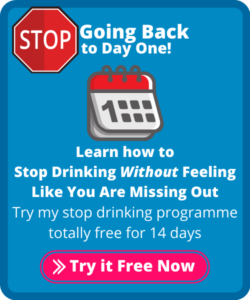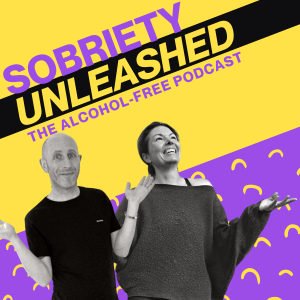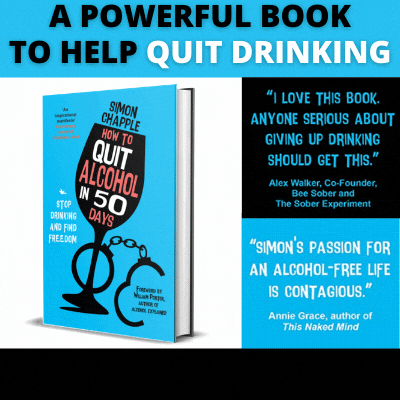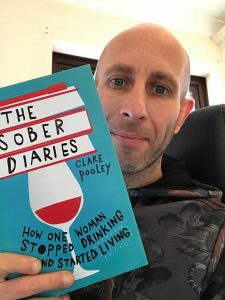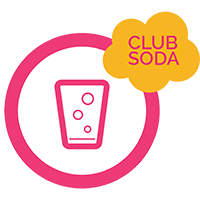The Best Ways to Remain Sober After Lockdown – Top tips to thrive with sobriety for the years ahead
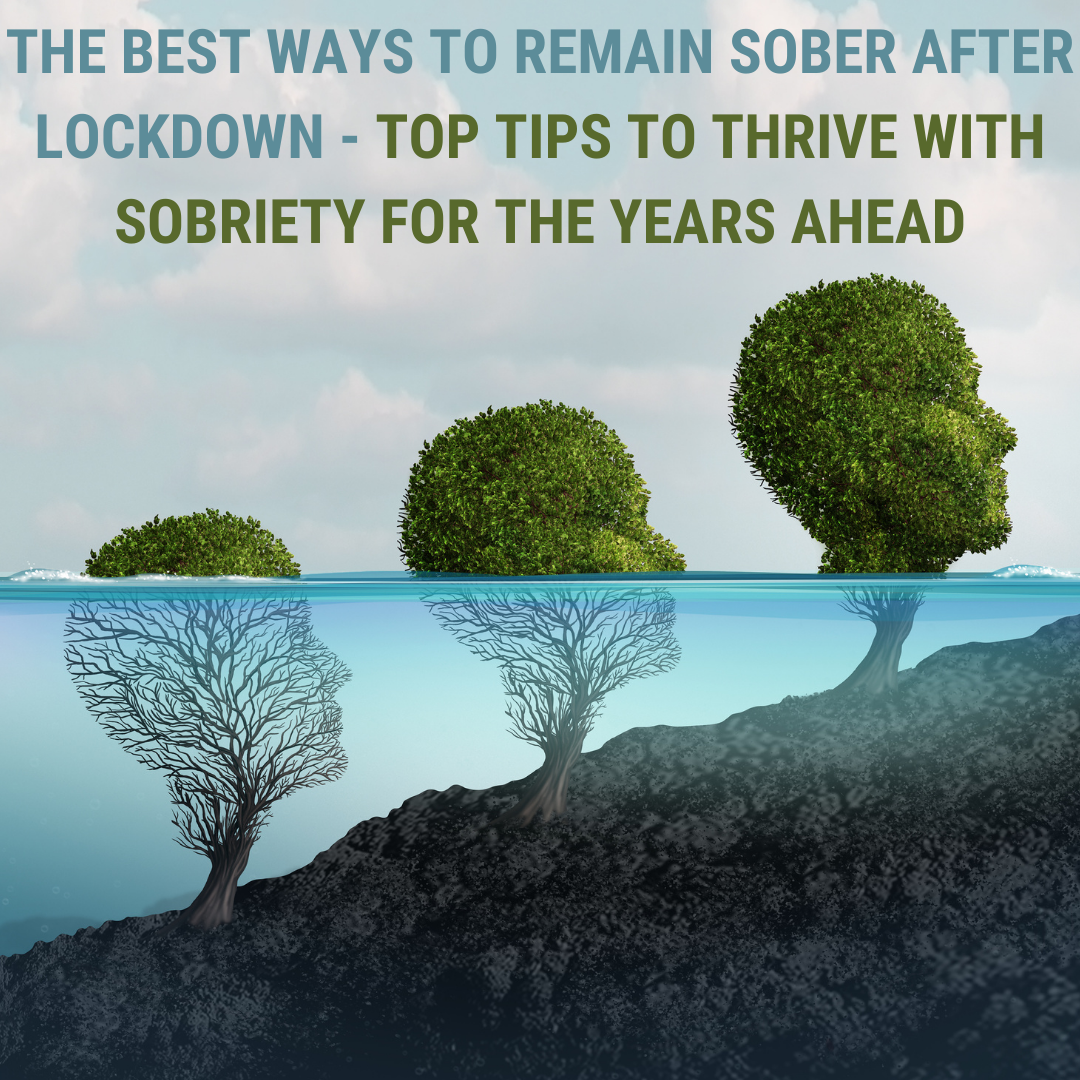
I’ve had a number of people ask me directly along with comments left on my YouTube Channel from people genuinely concerned about life after lockdown. Whilst I previously wrote a blog around the negative impacts of lockdown on drinking habits, there is also a positive side as well. I have seen a higher-than-average number of people committing to sobriety since the first lockdown through to the one we are in right now. With the pubs closed, only essential travel permitted and people not being able to meet with friends, family and colleagues, this has (and is) a great time to start your sobriety journey. However, it can also be anxiety reducing to think about how you will cope when life returns to a pre-Covid state.
The fears people are experiencing are completely rational. How do you know you will be able to remain sober without being in the situations that previously triggered you to drink alcohol? It’s a very good question and if you are concerned about this, then this alone is really encouraging as it shows you are committed to sobriety and changing your life for the better. It indicates that you want to protect your new life from old, damaging habits of alcohol abuse.
I, therefore, wanted to put together some of my top tips on the best ways to remain sober after lockdown, and I hope these will help you.
#1 Daily routine
I cannot stress enough how important it is to have a routine to your life. During lockdown this has been extremely important to start and remain sober, but the same is also true for when we are out of lockdown. If you have taken up a new hobby or exercise regime during lockdown which has helped keep you focused and your mind off alcohol, then there is no reason to stop this once lockdown is lifted. Having a sobriety structure that is continually repeated will turn into a new habit for you. When I started my sobriety journey, I threw myself into starting my, Be Sober coaching along with spending meaningful time with my family and keeping myself active with daily exercise. Alcohol was no longer part of my routine and before long there were some days I wouldn’t even think of having alcohol at all!
#2 Avoid triggers
The avoidance of triggers that cause you to drink is critical to remaining sober. Whilst in lockdown, I suggest sitting down and writing a list of triggers that cause you to want to drink. Some of mine include the following: –
- Meeting particular friends in a social setting
- Sitting down watching TV
- Preparing and cooking a meal
- Eating Cheese!!
If you know what triggers cause you to drink, then you can use active avoidance to stop yourself getting in these situations once lockdown has been lifted until you feel confident enough that your will to not drink overrides your will to have a drink. This will be tough. Lockdown has been tough on everyone with our freedoms greatly restricted. For example, if you miss the pub with friends, but you know if you were to go anytime soon then you would highly likely relapse, then do everything in your power not to go. If you really want to go or feel you can’t get out of a situation that triggers you to drink, then have a support partner with you to help you through this experience and keep you focused.
#3 Reflect on the positives of sobriety
The road of recovery is not straightforward, there will be extreme highs and lows. Being able to shield yourself from your drinking triggers in lockdown and focus on you and your health is a major positive. However, worrying about the future and how you will cope when life returns to normality can really impact your mood and outlook on your new sober life. I would encourage you to reflect and write down all of the positives you have experienced since you started your sobriety journey. What benefits have you noticed from no longer drinking or greatly reducing your alcohol intake? Once you have done this, think about the negatives of what alcohol brought to your life and why you wanted to quit in the first place. Using positive reinforcement for sobriety will help you increase your willpower to say no to the booze when you are presented with situations where alcohol is present in the future.
#4 Rely on your support network
We all need help throughout certain times of our lives and using your support network to help when you are struggling or just need a positive boost can work wonders on keeping you on the sobriety track. I have often said that if it wasn’t for the support of my fantastic family, sobriety community and friends, then I may not have stayed on my recovery journey when I was struggling. You first make the sobriety decision yourself, however, this does not mean that using the support of others to help you throughout the journey is not important. If you are worried about life post-lockdown and the impact to your sobriety, then be open and honest about this to the people close to you, so they can help support you and understand what you are going through so they can assist.
#5 Don’t be hard on yourself
Do you find that you are often self-critical and instead of giving yourself praise, you will often jump to the negatives or let past actions impact your future decisions? Be proud of what you are achieving. If you have found this blog because you are worried about your sobriety and you want to protect it, then be proud of this. It shows that you genuinely want to make a change and keep your life moving forward on the right track. Keep reminding yourself of the positives you have experienced so far and how you are feeling and don’t let the negatives overshadow everything you have achieved.
If you started your sobriety journey during lockdown and you are worried about what life will be like once the restrictions are lifted, then you are not alone. I would be lying if I said that everything will be plain sailing throughout your sobriety journey, there will be challenges. View coming out of lockdown as a big test on your sobriety where you get the chance to put yourself in trigger situations to give yourself the reassurance that you are stronger than you realise.

